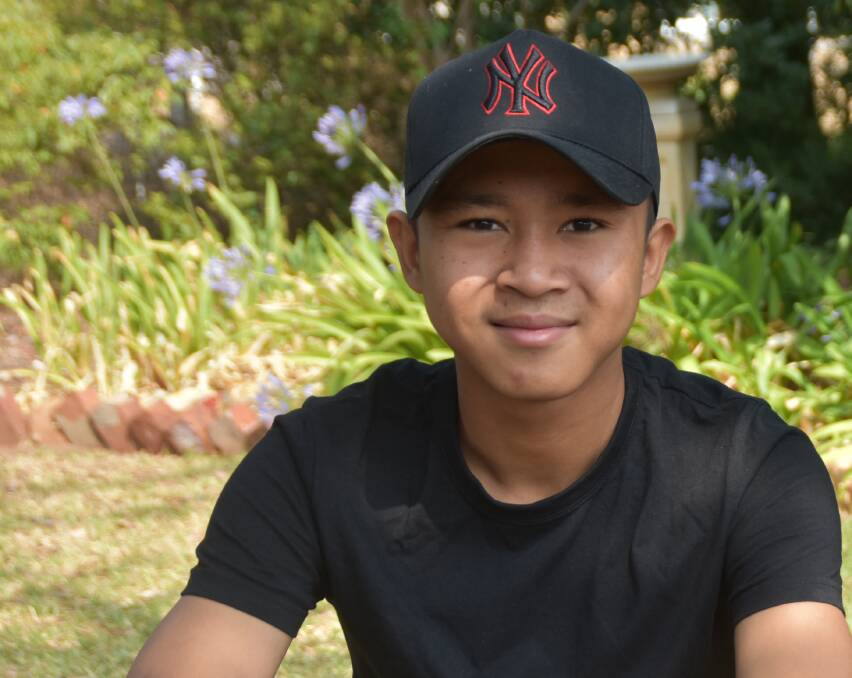
The importance of digital technologies for young people has become increasingly evident under the new restrictions brought on by COVID-19.
Subscribe now for unlimited access.
or signup to continue reading
Physical distancing measures have meant that people are now spending much of their time indoors and are turning to digital technologies to keep themselves connected with the outside world.
Yet it reveals a massive digital divide. According to VicHealth, 1 in 4 households in rural Victoria and 1 in 5 households in regional Victoria have no internet access, compared with 1 in 10 in metro areas, and could be left behind.
Thousands of people literally have no connection to participate in the online communities that so many of us are now relying on.
At Youth Affairs Council Victoria, we have received many messages from young people whose lives have been disrupted, which highlight that COVID-19 has exacerbated problems that already existed in our regions.
Countless students dependent on the casual employment provided by cafes, retail and restaurants are having to move back in with their parents after losing their only source of income.
Simultaneously, most secondary and tertiary education is being moved online, so more students are being asked to work without the extra support provided in classroom settings.
Organisations and workers who support young people to connect with their peers and wider community, are adapting rapidly to digital means to maintain regular contact.
For crisis services in family violence and homelessness, COVID-19 presents additional barriers to the challenging work they already do.
Social distancing is difficult in crisis accommodation, and complex case management, assessments and support are now being done over the phone.
Young people, who usually spend the most time out of anyone with their friends, suddenly face months without being near their peers.
This transition, while difficult, will be possible for most young people as the first generation to grow up as digital natives.
Technology is of paramount importance for young people to be able to maintain an equal footing with their peers during this lockdown, and to maintain the connections that are essential to their mental health.
But for students like Sean Adams, 14, from Woorinen South, internet access and phone coverage are hard to come by.
"Ever since my family moved here four years ago, we have never had consistent phone or internet signal. The whole area is a black spot. We've never even been able to have home broadband" Sean said.
Originally from Indonesia, the lack of consistent and reliable coverage has made it difficult for Sean to remain in touch with family and friends in both countries.
With both parents being essential workers, Sean has also been more isolated at home on his own.
The recent installation of a booster to improve service came just in time for school, so Sean has been fortunate to text and snap with friends.
But it only works well in the mornings, so by the afternoon he has no reliable phone or internet services required for remote learning.
Sean is one of many regional young people who COVID-19 shutdowns have disproportionately affected.
There is some good news though. The Victorian government is lending more than 6000 laptops and tablets to students who don't have access to digital technology, and delivering SIM cards and dongles to thousands of students at government schools.
Most telcos are now providing bonus data, or speed upgrades to existing customers affected by COVID-19.
While these measures are especially good for young people from low socioeconomic backgrounds, they don't help young people like Sean who don't have decent mobile coverage or service.
And for young people who are no longer in school or TAFE/university, or have been stood down from their job, this news doesn't really help.
According to NBNCo, rural and regional areas are more likely to have access to NBN services than their metro counterparts, with the remaining/outstanding small percentage of households in the regions having access by June 30.
However, the reality is that many in the communities are not connected, despite NBN saying that their areas have access to services.
We acknowledge young people have seen improvements, and urge the NBN, telcos and government to keep listening to advocates such as Australian Communications Consumer Action Network, Anglicare and The Smith Family, who are calling for action to ensure everyone has access to fast, reliable internet.
Everyone needs to be connected and supported throughout the pandemic, especially as restrictions will likely remain for months.
For Sean, he wants life to go back to normal as soon as possible.
"When the lockdown is finished, I look forward to catching up with friends, and getting back into sport like footy, tennis, badminton and table tennis," he said. "And I hope the government and internet providers can give us access to proper internet in our area."
This could be a silver lining from COVID-19 for rural and regional communities.
Everyone, regardless of their life circumstances, could have reliable, affordable internet access at home, and we could eliminate the digital divide from society.
Thomas Feng is media and communications manager and Lara Paull is a student intern from Yackandandah for Youth Affairs Council Victoria.













